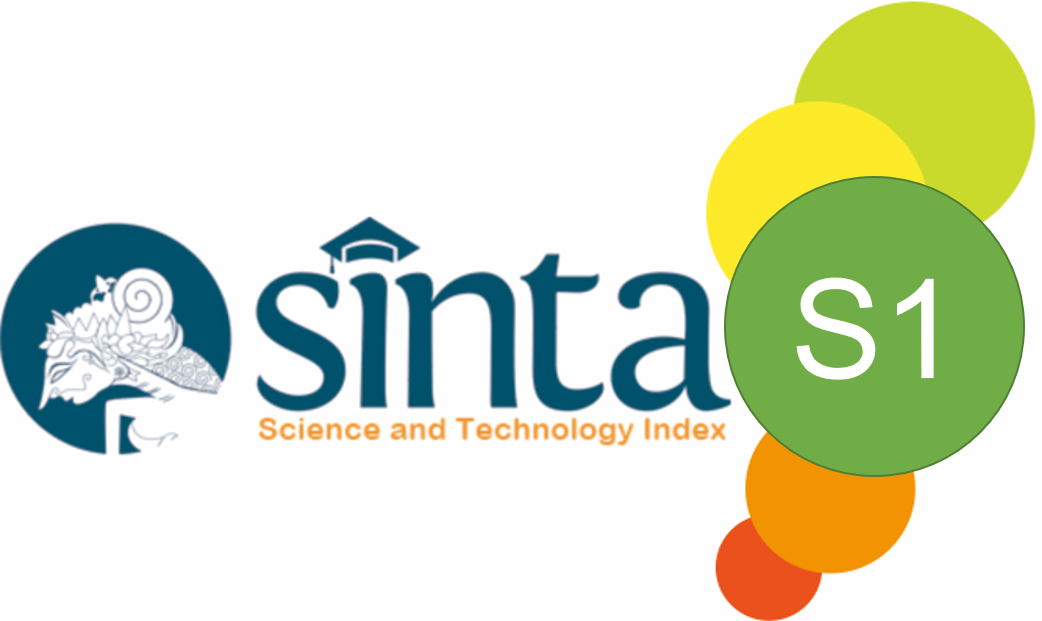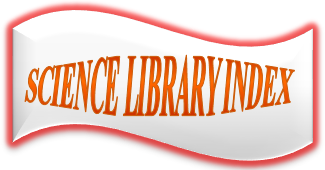Association of Interest, Attitude and Learning Habit in Mathematics Learning Towards Enhancing Students’ Achievement
Abstract
Mathematics is fundamentally important for Science and Technology, as well as in engineering. Mathematics is compulsory for students since all engineering subjects were Mathematically oriented. However, the preliminary study found that students’ achievement in Mathematics courses have been associated with three main factors, namely interest, attitude and learning habit, as in the KASH Model (Knowledge, Attitude, Skills and Habits). This Model stipulated that poor performance is not just lacking in knowledge and skills but also including poor attitude and habits. Therefore, this study aims to investigate the students’ level and relationship between interest, attitude and learning habit based on KASH Model. A total of 58 students were selected as a sample of the study, who enrolled in the Thermodynamics, Fluid Mechanics and Solid Mechanics subjects. A set of questionnaires with 21 items was used to collect data; a descriptively analysis was used to find the mean and percentage, as well as correlation index using Pearson. The results; high level of factor of interest, attitude and learning habit, and high correlation between interest, attitude and habit. The implication is that teaching and learning process must equally fostering all these variables to achieve a high level of students’ achievement, especially in Mathematics subjects.
Keywords
Full Text:
PDFReferences
Abu, N. E. B., and Eu, L. K. (2017). Hubungan antara sikap, minat, pengajaran guru dan pengaruh rakan sebaya terhadap pencapaian matematik tambahan tingkatan 4. JuKu: Jurnal Kurikulum and Pengajaran Asia Pasifik, 2(1), 1-10.
Ahmad, H., Febryanti, F., and Febryanti, F. (2018). Description of student’s metacognitive ability in understanding and solving mathematics problem. Management Science and Engineering (MSandE), 300(1), 1-7.
Arsaythamby, V. and Hashim, R. A. (2009). Kesahan dan kebolehpercayaan alat ukur orientasi pembelajaran matematik (OPM). International Journal of Management Studies, 16(1), 57-73.
Azina, I. N., and Halimah, A. (2012). Student factors and mathematics achievement: Evidence from TIMSS 2007. Eurasia Journal of Mathematics, Science and Technology Education, 8(4), 249–255.
Bahrum, S., Wahid, N., and Ibrahim, N. (2017). Integration of STEM education in Malaysia and why to STEAM. International Journal of Academic Research in Business and Social Sciences, 7(6), 645-654.
Boafo, F. A. (2017). The Impact of Mathematics on Academic Performance of Students in TVET Institutions in Ghana. African Journal of Applied Research (AJAR), 2(2), 110-120.
Capuno, R., Necesario, R., Etcuban, J. O., Espina, R., Padillo, G., and Manguilimotan, R. (2019). Attitudes, study habits, and academic performance of junior high school students in mathematics. International Electronic Journal of Mathematics Education, 14(3), 547-561.
Er, S. N. (2018). Mathematics readiness of first-year college students and missing necessary skills: perspectives of mathematics faculty. Journal of Further and Higher Education, 42(7), 937-952.
Fitrianti, H., and Riyana, M. (2020). Analysis the effect of learning habists and gender the mathematics learning achievement using the multiple linear regression approach. Journal of Physics, 9(1), 33-40.
Fredricks, J. A., Hofkens, T., Wang, M. T., Mortenson, E., and Scott, P. (2018). Supporting girls’ and boys’ engagement in math and science learning: A mixed methods study. Journal of Research in Science Teaching, 55(2), 271-298.
Hair, J. F., Ringle, C. M., and Sarstedt, M. (2011). PLS-SEM: Indeed a silver bullet. Journal of Marketing theory and Practice, 19(2), 139-152.
Hashim, S., Mohamad, M. M., and Muda, W. H. N. W. (2018). Knowledge construction models: A view of various models for an impeccable learning environment. MATEC Web of Conferences, 150(), 1-7.
Hollywood, K. G., Blaess, D. A., Santin, C., and Bloom, L. (2016). Holistic mentoring and coaching to sustain organizational change and innovation. Creighton Journal of Interdisciplinary Leadership, 2(1), 32-46.
Krejcie, R. V., and Morgan, D. W. (1970). Determining sample size for research activities. Educational and psychological measurement, 30(3), 607-610.
Leiss, D., Schukajlow, S., Blum, W., Messner, R., and Pekrun, R. (2010). The role of the situation model in mathematical modelling—Task analyses, student competencies, and teacher interventions. Journal für Mathematik-Didaktik, 31(1), 119-141.
Lo, C. K., and Hew, K. F. (2020). A comparison of flipped learning with gamification, traditional learning, and online independent study: the effects on students’ mathematics achievement and cognitive engagement. Interactive Learning Environments, 28(4), 464-481.
Minarni, A., Napitupulu, E. E., and Husein, R. (2016). Mathematical understanding and representation ability of public Junior High School in North Sumatra. Journal on Mathematics Education, 7(1), 45-58.
Özsoy, G., Memiş, A. and Temur, T. (2017). Metacognition, study habits and attitudes. International Electronic Journal of Elementary Education, 2(1), 154–166.
Palanisamy, S., and Arunachalam, N. (2019). Impact of learning habits and selfesteem on academic performance of higher secondary mathematics students. Paripex-Indian Journal of Research, 8(8), 48-51.
Rylands, L. J., and Coady, C. (2009). Performance of students with weak mathematics in first-year mathematics and science. International Journal of Mathematical Education in Science and Technology, 40(6), 741-753.
Santrock, J. W. (2018). Educational psychology. New York: McGraw-Hill Education.
Tefa, J. S. (2020). Analysis of Student Interest in Mathematics Learning through the fifth grade animation media at SDK Citra Bangsa, Kupang city. Jurnal Mahasiswa Pendidikan Informatika (JUMPIKA), 2(1), 20-25.
Tella, A. (2017). Teacher variables as predictors of academic achievement of primary school pupils mathematics. International Electronic Journal of Elementary Education, 1(1), 16-33.
Vikhrova, O. (2017). On some generation Z teaching techniques and methods in higher education. International Information Institute (Tokyo). Information, 20(9A), 6313-6324.
Woo, S. E., O’Boyle, E. H., and Spector, P. E. (2017). Best practices in developing, conducting, and evaluating inductive research. Human Resource Management Review, 27(2), 255–264.
Xu, J., Yuan, R., Xu, B. and Xu, M., (2016). Modeling students' interest in mathematics homework. The Journal of Educational Research, 109(2), 148-158.
Yeh, C. Y., Cheng, H. N., Chen, Z. H., Liao, C. C., and Chan, T. W. (2019). Enhancing achievement and interest in mathematics learning through Math-Island. Research and Practice in Technology Enhanced Learning, 14(1), 1-19.
Yokoe, M., Takada, T., Hwang, T. L., Endo, I., Akazawa, K., Miura, F., and Yamamoto, M. (2017). Descriptive review of acute cholecystitis: Japan‐Taiwan collaborative epidemiological study. Journal of Hepato‐biliary‐pancreatic Sciences, 24(6), 319-328.
DOI: https://doi.org/10.17509/ijost.v6i1.31526
Refbacks
- There are currently no refbacks.
Copyright (c) 2021 Indonesian Journal of Science and Technology

This work is licensed under a Creative Commons Attribution-ShareAlike 4.0 International License.
Indonesian Journal of Science and Technology is published by UPI.
View My Stats




















